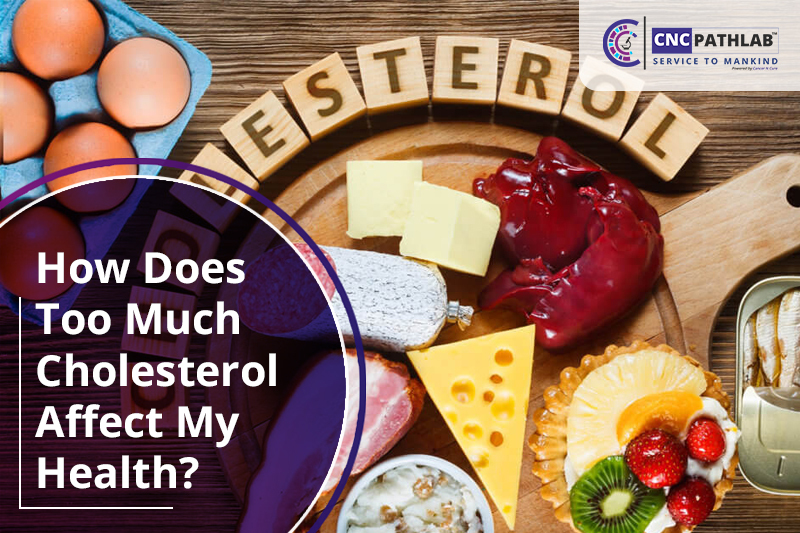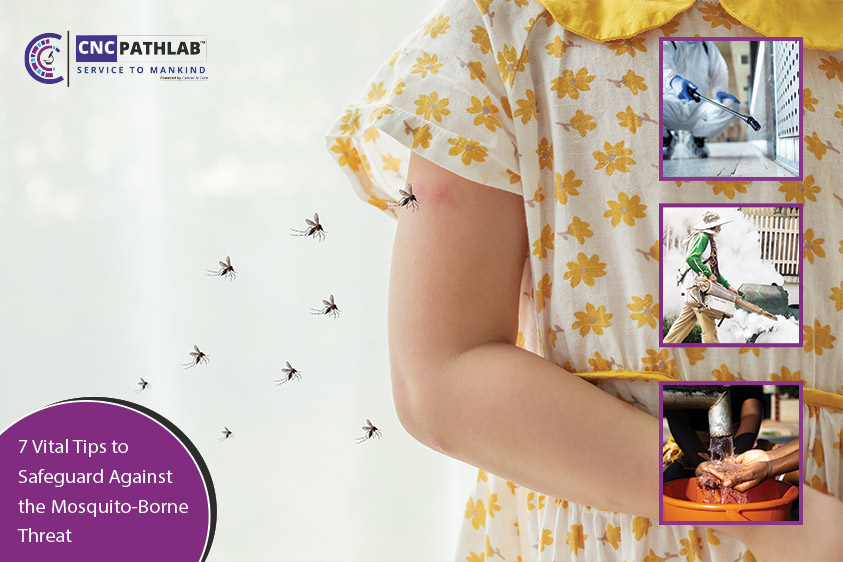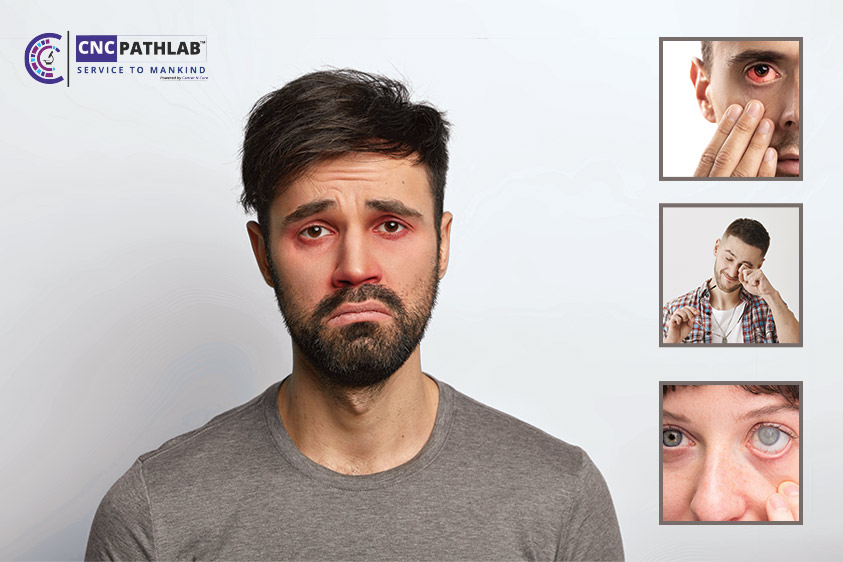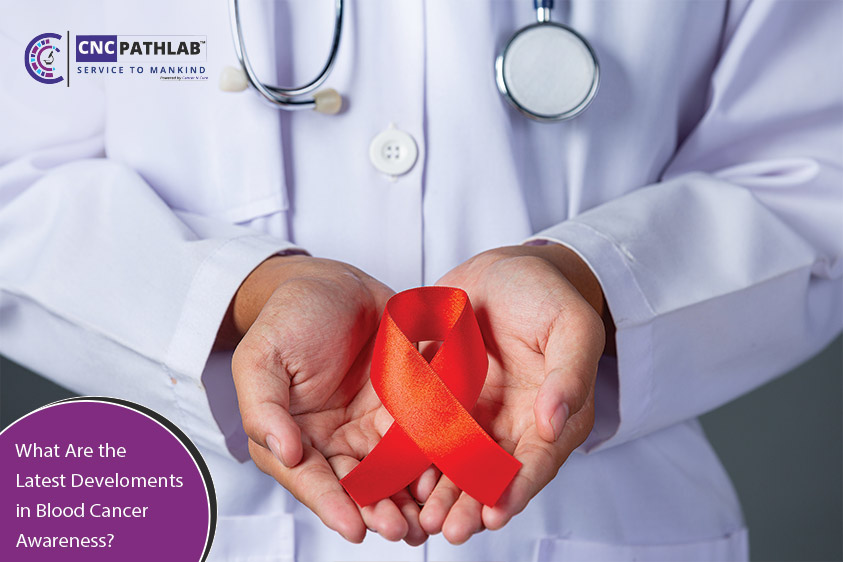How Does Too Much Cholesterol Affect My Health?
You need an active, stress-free lifestyle to maintain a fit body. We all know this, but how many of us actually practice it in today's fast-paced, stressful world?
High cholesterol is a crucial contributor to the development of heart disease and other disorders. It has the ability to obstruct blood flow and damage arteries, perhaps resulting in a stroke. Your doctor will tell you that not all cholesterol in your body is bad, and that high–density lipoprotein, or HDL, is really beneficial to your health since it aids in the removal of excess LDL from the body via the liver.
Cholesterol is a chemical produced by your body. Your liver produces around 75% of the cholesterol you require. You get the rest of your cholesterol from the things you eat. Cholesterol is a waxy chemical found in nature. It circulates in your bloodstream and travels throughout your body. It can also be found in your cells. For your body and brain to function at their best, you need enough cholesterol.
Read also: All You Need to Know About Diabetes
This is accomplished in the following ways:
- Vitamin D synthesis
- developing cell membranes
- Creating digestive secretions like bile
- Hormones such as testosterone, estrogen's, and cortisol are produced.
Cholesterol is divided into two categories.
There are two forms of cholesterol produced by your body. "Bad" cholesterol is one type. The "good" cholesterol is the other.
Low-density lipoprotein (LDL) is the term for "bad" cholesterol (LDL). It's bad because having too much LDL in your body might cause fatty deposits to form in your arteries.
High-density lipoprotein (HDL) is a type of "good" cholesterol (HDL). It's good for you because it binds to excess cholesterol in your arteries and removes it. This prevents your health from being harmed by excess cholesterol.
Excess cholesterol can progressively build up in the arteries leading to your heart and brain. This can lead to health issues in the future. As a result, you should keep your LDL cholesterol low and your beneficial HDL cholesterol high.
For some people, this can be difficult. High cholesterol levels, for example, may run in your family. However, there are several natural ways to lower your cholesterol and enhance your heart health.
What is the point of lowering my levels?
High levels of evidence strongly suggest that they can raise the risk of:
- Atherosclerosis (narrowing of the arteries) (atherosclerosis)
- attack on the heart
- stroke
- min- stroke (TIA).
Because cholesterol can build up in the arterial wall, reducing blood flow to your heart, brain, and other parts of your body, this is a problem. It also raises the likelihood of a blood clot forming anywhere.
As your blood cholesterol level grows, your chance of coronary heart disease (when your heart's blood flow is obstructed or interrupted) rises as well, which can trigger angina during physical exercise.
Read also: Why it is important to know about Vitamin B12
What are the reasons for this?
If you have high cholesterol, there are a number of variables that can raise your risk of heart disease or stroke, including the following:
- a poor diet - while some foods naturally contain cholesterol (known as dietary cholesterol), the amount of saturated fat in your diet is more important;
- Smoking - a substance called acrolein present in cigarettes prevents HDL from delivering LDL to the liver, resulting in artery narrowing (atherosclerosis);
- having diabetes or hypertension (high blood pressure);
- having a history of stroke or heart disease in the family
There's also familial hypercholesterolemia, which is an inherited condition (FH). Even someone who consumes a healthy diet can get high cholesterol as a result of this.
Cholesterol-lowering foods
You can improve your cholesterol levels by making certain food choices. To adjust your levels, you may not need to take medication. You may require both medication and dietary adjustments at times.
To begin, avoid processed foods that include trans and saturated fats. These have the tendency to enhance total cholesterol levels.
You should eat the following foods to lower your LDL levels specifically:
- Leafy greens, yellow, orange, and red tomatoes, strawberries, plums, and berries are examples of fruits and vegetables. The more colourful the produce, the more cholesterol-blocking chemicals it will provide to your body.
- Fiber-rich foods like oatmeal, kidney beans, brussels sprouts, apples, and pears prevent your body from absorbing excess cholesterol into your bloodstream.
- Tuna, salmon, trout, mackerel, and herring are omega-3 fatty acid-rich fish.
- Whey protein, such as powdered varieties that can be used in smoothies.
- Seeds, nuts, avocados, and soybeans are all good sources of protein.
Lowering cholesterol-lowering activities
You should also exercise in addition to eating well. Exercise can help raise your "good" HDL cholesterol levels, while specific meals can help lower "bad" LDL cholesterol levels.
Moderate exercise for 30 minutes five times a week can help you lower your cholesterol. It makes no difference what you do as long as you're driven to keep going. Even a half-hour of brisk walking every day will suffice.
You can also make the following lifestyle changes:
- To raise your HDL levels, quit smoking.
- Increasing your HDL levels by reducing sugary alcohol drinks
- Cutting down sugary and processed foods, which contribute to elevated cholesterol, is a good way to lose weight.
You can assist regulate your cholesterol levels using cholesterol-lowering medicine in addition to making lifestyle modifications. These drugs can help you lose weight by lowering your blood fats and LDL cholesterol. Consult your primary care physician to discover if medicine is appropriate for you.


.jpg)


.jpg)
